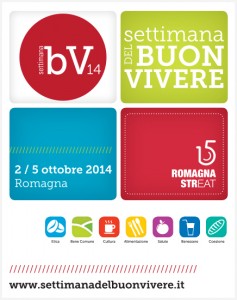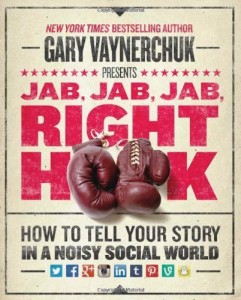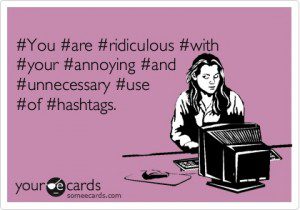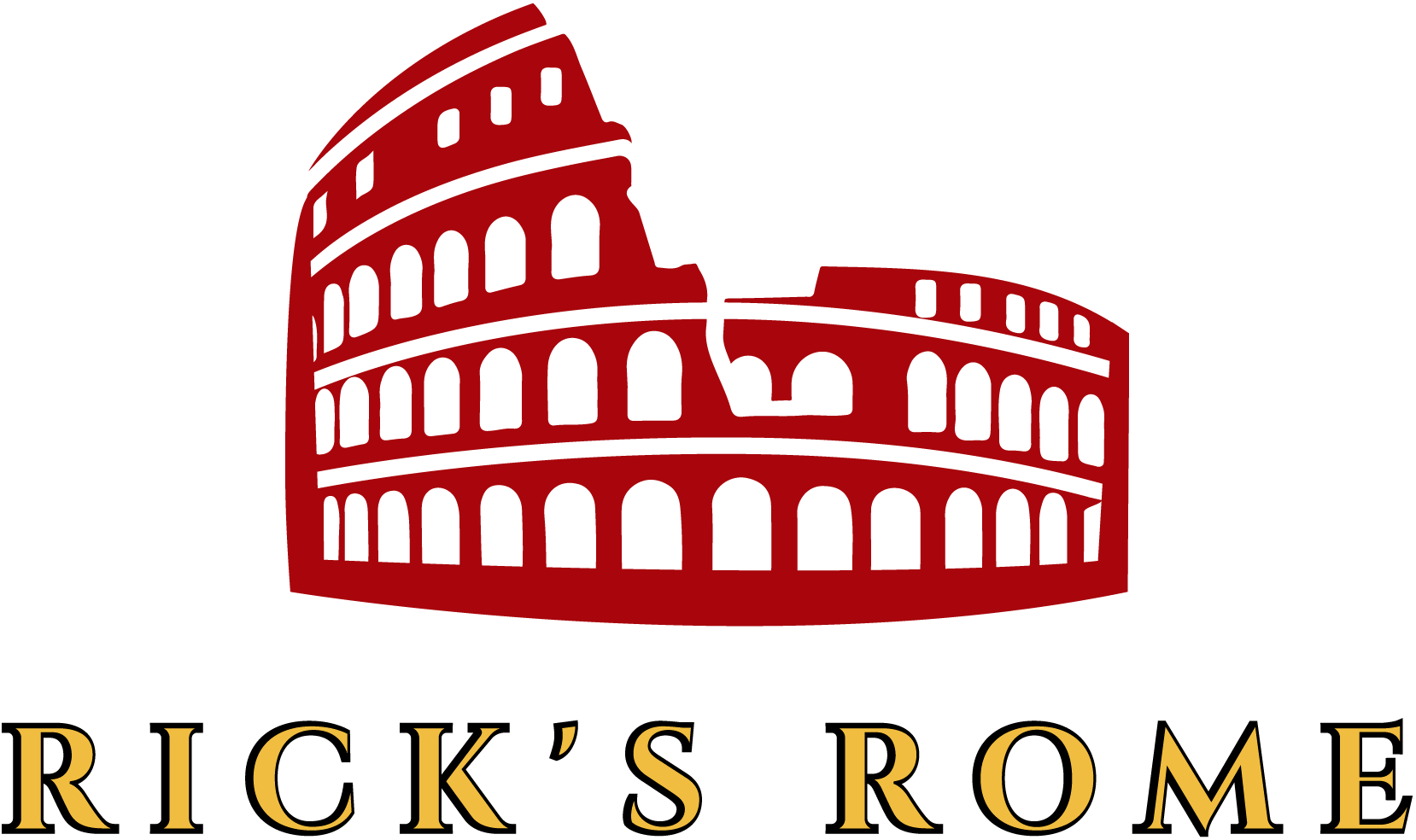 OK, here we are with part three of my series on starting a travel blog. This time we will be talking about promoting your site. If you haven’t read part one or part two yet, you might want to catch up first.
OK, here we are with part three of my series on starting a travel blog. This time we will be talking about promoting your site. If you haven’t read part one or part two yet, you might want to catch up first.
Before we move on to today’s topic, I’d like to make the second big announcement about my travel blogging life. At the beginning of next month, I’ll be participating in La Settimana del Buonvivere which celebrates, as the name implies, a week of good living and wellbeing. We will discuss how the collective wellbeing contributes to our society, and how a lifestyle based on cultural identity helps us feel connected to our community. All over Italy, identifying with your region and your hometown are an important part of an individual’s sense of self, which in turn also benefits the community at large. In sum, relationships are at the core of the seven elements of this conference: Economical Ethics, Common Good, Culture, Food, Health, Wellness, and Cohesion.
So yes, the proverbial “good life.” But by saying “the good life,” we are using it as a synonym for healthy, balanced living—NOT over-the-top luxury or conspicuous consumption, as it is too often defined. And no, there’s no contradiction in the fact that we’ll be staying at the Grand Hotel Terme of Riolo, where we will indulge in the thermal baths (for research purposes only, obviously), eat delicious food, and stroll among the lush gardens. There will be fishing trips, cooking classes and all sorts of activities related to the good life. Oh, the sacrifices I make for my blog and its readers…
I would like to thank my friend Alessandra from 21grammy for inviting me back to her region. Last year I join her and a few other bloggers in Cesenatico for a lovely weekend by the sea. This year, we’ll be all over the Romagna region to experience the very best of good living, Italian style.
Now let’s move on to today’s discussion for those who are starting a travel blog.
Before starting a travel blog, get social
In a comment submitted to the first post of this series, one reader suggested that a newbie might try “blogging” on a Facebook Page before starting a travel blog. I thought about this, and yes, it could be a good idea. After all, Facebook, Twitter, and other social media outlets are actually considered micro-blogging platforms. If you can get in the habit of posting regularly and start to develop your voice, you could build a following with social media before making the move to your own self-hosted blog.

In any case, if you want your blog to reach an audience beyond your immediate family and a couple of stalkers, then you should be on social media promoting your site. But you need to do it right, and always keep in mind the “social” part of social media. Make contacts, have conversations, and share quality content other than just your own. In other words, don’t be a narcissist; it ain’t all about you, it’s about building an online community.
For those of you that are already active on social media and want to take it to the next level, I suggest the book “Jab, Jab, Jab, Right Hook” by Gary Vaynerchuck, one of the authoritative voices on the topic. The title of the book is taken from the sport of boxing, “the sweet science,” as it’s sometimes called, because it’s as much about chess as it is punching. He recommends that you throw a few “jabs,” implying a softer interaction before delivering the knockout punch (right hook), which is your “call to action,” or sales pitch. The reasoning is that if you constantly pummel your readers with too many demands, they will very quickly start to retreat, if not block you from their newsfeeds. Instead, be a source of information and/or entertainment, so that when you do ask them to: read your post, like your page, sign up for your email list, etc., they are more likely to comply.
Moreover, Mr. Vaynerchuck stresses that you have to fit your message so that it appears to be more “native” to the platform. For example, Twitter tends to attract an ironic, playful audience, so serious statements are often overlooked or even ridiculed. Pinterest and Instagram are mostly visual mediums, so there’s no need to compose elegant captions—a few hashtags will do.
On my own ability to effectively use social media, I’d give myself about a 6.5 out of 10. I do Facebook and Twitter fairly well, but suck on other platforms. If you want to see an example of an Italy blogger who does it perfectly, check out my COSI friend Georgette Jupe, a.k.a., The Girl in Florence. (Here I’ve linked to her Facebook Page rather than her blog so you can see how she interacts with the English-speaking Italo-philes around the world.) It’s no wonder that Italy Magazine has hired her to work with their online community.
Needless to say, it takes a lot time to be “everywhere,” and there a few tools to help you with this—apps that can organize your social media feeds, such as Hootsuite.
But of course, you don’t have to be everywhere. You do, however, need to be active on Facebook.
It’s good to be the king
I read that one out of every five page views in the U.S. are on Facebook. Wow. No doubt, Facebook is still king, and every blogger should have a Facebook Page. Remember, a Page is different than a personal Profile. Most people have both, and you can certainly promote your blog posts on your personal profile. However, you should devote your Page to only promoting your blog along with other relevant content within your niche. In other words, don’t go posting disparaging remarks about your mother-in-law’s casserole on your Page…save that for your personal profile. We don’t need pictures of your pets or conversations pertaining to your upcoming high school reunion. Keep it limited to the theme of your blog.
Twitter is in second place regarding importance, and many bloggers find it to be an effective tool for having conversations with their readers, as well as other bloggers and folks in their niche. Twitter is a good exercise for writers, because it teaches you to be an effective self-editor, since you only have 140 characters to get your point across. It’s the perfect platform for the A.D.D. amongst us.
Mr. Vaynerchuck has a different analogy. He says, “Twitter is the cocktail party of the Internet,” and then he goes on to stress that—unlike blogging where you’re dictating a conversation—on Twitter, “listening well has tremendous benefits.” In other words, pay attention to what people in your niche are talking about, and use that information to direct the content development on your blog and/or Facebook Page.
Speaking of listening, you might want to listen to yourself once in a while. Check out the newly released analytics dashboard to see which of your tweets attract the most engagements.
https://analytics.twitter.com/user/HANDLE/tweets (where “handle” is your twitter name)
If you’re like most, you’ll notice that your tweets that contain photos have about 3-5x as much engagement as those that don’t. Not using photos on Twitter? Maybe you should start.
What about hashtags? Should you use them, and if so, how many?
The rule of thumb here is that you should use one or two hashtags with every tweet. Three at the very most. I don’t know if you’ve noticed, but it’s really annoying, almost difficult to read a tweet where every other word has a hashtag. It’s sort of become bad manners to overload on them. Don’t do it.
One other note on hashtags: funny ones get noticed and shared. It’s like your tweet is the set up and the hashtag becomes the punchline. For example, I came across this one: “Hey girl, can I have your phone number and email address? Just kidding, I already have it. #NSAPickUpLines” Pretty good, huh?
As for the rest of the social media sites, their importance somewhat depends on your niche. Travel bloggers should definitely be on Instagram. I’ve only just started with this tool, tragically late to the party, as usual. Travel blogs should also have a Pinterest account. Sadly, I don’t. (Do as I say and not as I do, newbies.) If you’re a blogger that aspires to expand your writing career beyond your own site, then maybe LinkedIn is a good place to be for professional contacts. Google Plus? Well, it’s Google, so yes, you should be there, too.
A final note: when writing something on any of these platforms, try to be as sharp and concise as possible. It’s not easy, I realize, because it’s not the way our brains naturally work. You have to develop the skill. But it’s worth it because people’s attention spans are short on social media, so you must take the time to distill your message down to the most potent form. Your readers will appreciate it.
As Blaise Pascal wrote, “I would have written you a shorter letter, but I did not have the time.”
By the way, if you want to see what “the good life” is all about during La Settimana del Buonvivere next month, follow the hashtag: #romagnabuonvivere

Thank you so much, Rick, this post is awesome
Thanks so much…see you next week!!
Hi Rick
Great posts, great advice! Thank you! And Congratulations in your big upcoming events.
Treava
Thanks! Can’t wait to get there!
Excellent post. Many great ideas thanks Rick.
My pleasure, Lyn! I only scratched the surface, of course, but I didn’t want to make the post too long and boring.